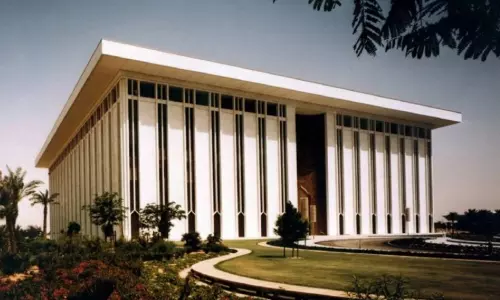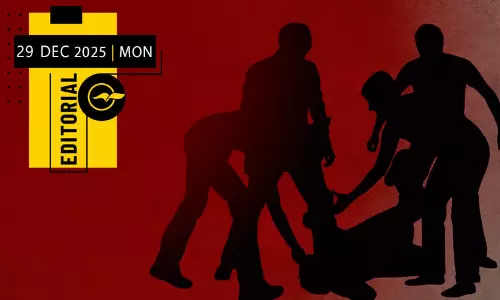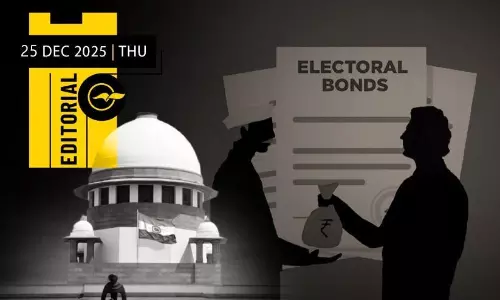
Revamping legal codes
text_fieldsThe Law Commission has recommended revoking of 72 obsolete laws that are clogging the statute books citing that they were no longer relevant to the present society requirements.
The Commission, headed by Justice (retd) A P Shah submitted its third interim report to the Union Law Ministry saying that the old statutes created an unwanted burden on the system and added that it would complete its study step by step and submit a number of volumes to the government for necessary action. With this, the total number of such laws increased to 258. This is the first time since 2001 that such an exercise is being undertaken by the Law Ministry. The laws range from labour laws to taxation, land laws to criminal justice laws, and include procedural and substantive laws. The latest move comes in the background of the government’s drive to reconstruct the legal system. The Commission while studying the matter, found large number of Appropriation Acts that were irrelevant to the changing modern times but continues to be part of the statute books. Majority of those laws were formulated by the British Empire that ruled India for years; but those laws continued to be followed even after 67 years of gaining independence.
The Prime Minister, in August had constituted a separate committee to identify obsolete laws which hamper governance by creating ‘avoidable confusion’. One of the laws, Bengal District Act, recommended for repeal, dates back to 1836. Several other laws recommended for revoking belong to period dating from 1838 to 1898. Another Act recommended for repeal is the Hindu Inheritance (Removal of Disabilities) Act, 1928, the Musalman Wakf Rule of 1913, 30, the Bengal Criminal Law of 1925 and many others like the Indian Telegraph Act of 1885 despite the end of era of telegraph messages, Wireless Telegraph Act of 1933, the Aircraft Act of 1934, which is against flying kites and balloons and the Fera Act.
The recommendation of the Law Commission to repeal old obsolete laws and introduce fresh laws would bring about a change in dealing with the present challenges relevant to the society. Laws should be formulated for the benefit of the people ensuring their rights and is essential for the smooth functioning of the society. The denial of justice and the delay in getting justice are all blamed upon the sluggish judiciary when in reality the issues plaguing are the outcome of the centuries old legal statutes that are still followed. The Criminal Procedure Code of 1898 and the Civil Procedure Code of 1908 still govern the Court procedures. The rapid advancements in the field of science and technology should be visible in the field of law and the judiciary and therefore the suggestions of the Commission should be treated with utmost seriousness and implemented with immediate effect.






















